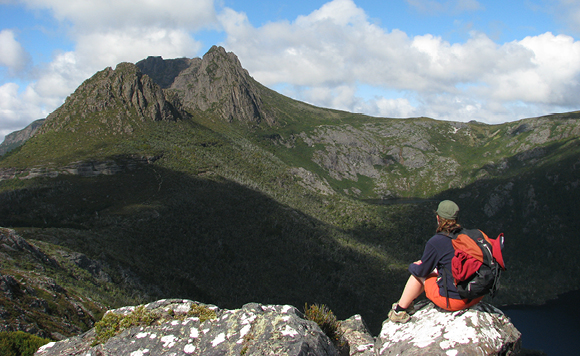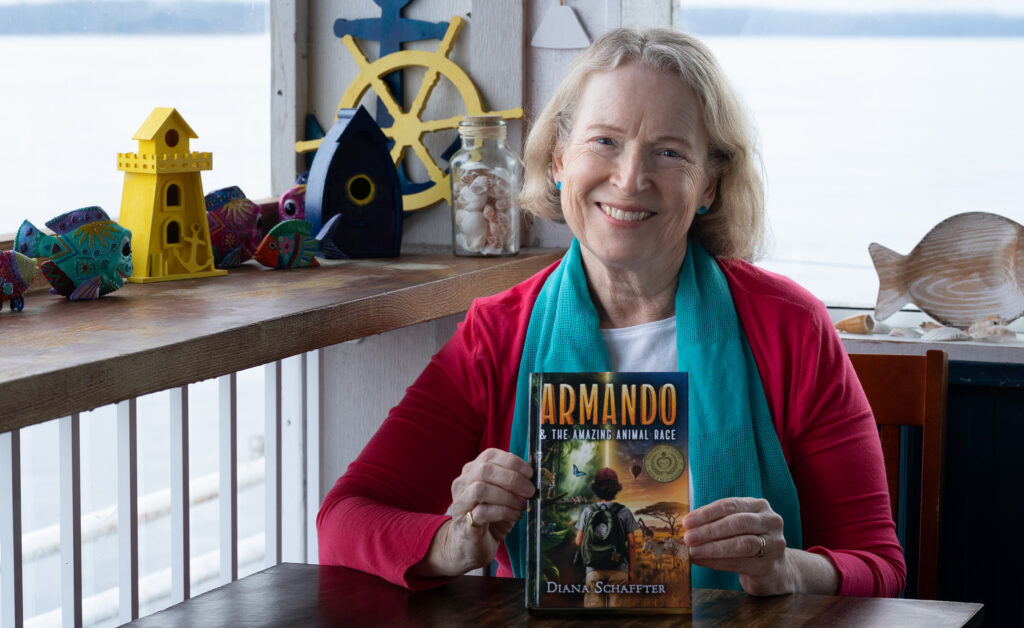by Tina Kelly –
Environmental headlines of my childhood – bald eagle declines due to DDT and severe drought* in Ethiopia and the corresponding famine. The British pop stars that graced my bedroom walls also graced the stage at a benefit concert and collaborated on a Christmas song to raise awareness for Africa. In high school, world news introduced the destruction of Amazon rainforests, the diminishing ozone layer and dolphin deaths in the tuna fishery. The list goes on and on and you’d be living under a proverbial rock to not be aware of today’s environmental newsmaker; it’s just two words – climate change.
Banning DDT resulted in the recovery of bald eagle populations, outrage over dolphin deaths lead to changes in the tuna fishery and a ban on chlorofluorocarbons (CFCs) has slowed the rate of ozone depletion. Proof positive change is possible and while regulation from the top – such as bans – work, we as individuals also hold the power to make a difference and to influence change.
An interest in nature combined with those headlines of the 80s and 90s motivated me to study biology in university. Learning (and continued learning) about science and natural systems helped me – and still helps me – understand the environment and our place in it. It is all interconnected and can be confusing. Time is precious and we don’t all have extra time available to look past the sound bites or wade through social media and tweeze out the details.
Add to that complicated and overwhelming information from scientific jargon or conflicting information. This new bimonthly column aims to ease the confusion and help you navigate “going green.” I’ll share practical tips and tricks to implement into your lifestyle or to help shift habits; you may learn something new, get a little nudge in the right direction or be reminded to try “that thing you heard that time somewhere back when that was supposed to be good for the environment.”
Along the way I’ll dispel a myth or two, myths I believe discourage or alienate and persuade some to quit before they even begin. The marketing industry does a remarkable job in trying to persuade us we need the newest “must have” green products and green alternatives – “replace this with that” or “don’t use that; use this.” For this reason, and others, I often overhear going green is expensive. Myth to dispel: fancy expensive gadgets are not necessarily required. While treading lightly on the world around me and protecting nature was my initial motivator, a pleasant and welcome side-effect emerged in my journey: I was saving money. Truth be told a couple of choices I make cost a smidge more, but it is offset by the savings from other habits.
I hope we can all find our motivator – our family, our favourite natural space, our education, news headlines or maybe even money. We all have the ability to tread lighter and have a positive impact on our neighbourhood, our community and the planet. Why not try to turn those headlines around.
*While media touted drought as the main cause of the famine, some organizations blame governmental policies and conflict, combined with drought.




